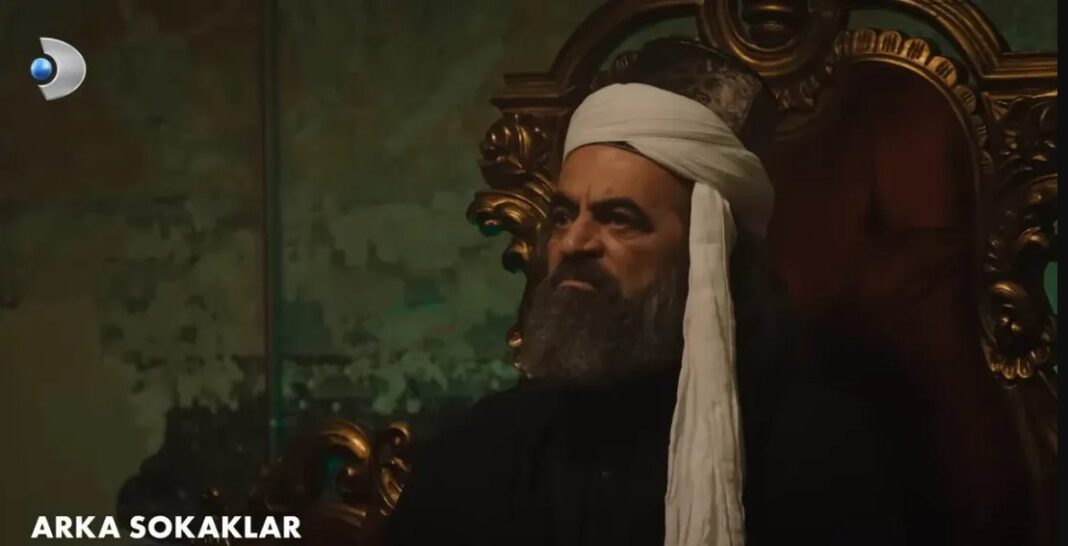The Radio and Television Supreme Council (RTÜK), Turkey’s broadcasting and streaming regulator, has imposed administrative fines and temporary broadcast halts on 11 TV stations due to content deemed unfavorable to the policies of the ruling Justice and Development Party (AKP).
RTÜK imposed fines on several stations, including the pro-opposition Halk TV, Sözcü TV, Flash Haber, Tele1, Kanal D, S Sport+, EXXEN TV and TV8.
The sanctions were announced on social media by Tuncay Keser, a member of RTÜK appointed from the main opposition Republican People’s Party (CHP). RTÜK is composed of nine members elected by Parliament.
RTÜK’ün bugün yapılan toplantısında 11 kanala (Halk TV, Flash Haber, Tele 1, SZC TV, NOW TV, Star TV, Show TV, Kanal D, S Sport+, Exxen, TV8) 13 ayrı yaptırım uygulandı. 👇 pic.twitter.com/TG1e1efUfx
— Tuncay Keser (@tuncayksr) November 27, 2024
Halk TV was slapped with a 3 percent administrative fine on one month’s advertising revenue, the maximum amount, for reporting about the forced resignation of three lawmakers from the far-right Nationalist Movement Party (MHP) last week due to their alleged involvement in gold smuggling.
The MHP is an ally of the ruling Justice and Development Party (AKP).
Journalist İsmail Saymaz from Halk TV, as well as another journalist, Fatih Altaylı, are being investigated for their reporting on the resignations of the three MHP lawmakers as part of an investigation launched by İstanbul prosecutors last week.
Halk TV was fined for allegedly conducting anti-government propaganda by violating the principle of impartiality in broadcasting and making “inaccurate” claims about the government ally, the MHP, and its leader, according to Keser.
Sözcü TV was also hit with the same administrative fine due to its reporting of criticism from an opposition lawmaker against Health Minister Kemal Memişoğlu over a health scandal involving the deaths of at least 10 newborn infants in an alleged social security fraud scheme.
The TV station is accused of violating the “principle of impartiality and factuality.”
Kanal D was also slapped with a 3 percent administrative fine and a temporary broadcast ban over a series named “Arka Sokaklar” (Back Streets) that was slammed by religious groups due to its critical portrayal of Islamic cults in the country in its latest episode last week.
The series focused on sexual harassment of minors in religious cults, recalling a scandal that sent shockwaves across the country when it was uncovered in late 2022. It involved the sexual abuse of a young woman starting at the age of six by a member of the İsmailağa community — a Sunni sect based in İstanbul — and her forced marriage to her abuser.
Such religious communities account for a significant portion of the AKP grassroots, with their members frequently filling important state positions, often despite lacking the necessary qualifications.
Kanal D is accused of “violating the national and spiritual values of society” in the series.
RTÜK President Ebubekir Şahin said in a statement on the social media platform X that the institution will continue to take strict measures against series or programs that portray issues and events that are contrary to national and moral values.
He said no broadcaster should be carried away by the “lust for ratings” and belittle “our faith, [and our] social and cultural values.”
Şahin said although RTÜK is not in favor of dealing with problems via sanctions, it is its duty to strictly enforce broadcasting principles.
RTÜK, however, did not impose any sanctions on the pro-government Akit TV station, where Halis Bayancuk, who is accused of being the leader of the Islamic State in Iraq and the Levant (ISIL) in Turkey, was a guest speaker on a program last week.
RTÜK member İlhan Taşçı petitioned the board, demanding sanctions on Akit TV due to controversial remarks made by Bayancuk against secularism and democracy during the program.
Bayancuk, also known by the codename Abu Hanzala, was given a prison sentence of 12 years, six months by an İstanbul court in February 2021 on charges of “establishing and leading an armed terrorist group.” He was released from prison in July 2023 after his conviction was reversed by Turkey’s top appeals court.
It is common for pro-opposition news channels in Turkey to face restrictions on their broadcasting through sanctions imposed by RTÜK, whose board members are appointed in proportion to the number of seats held by political parties in Parliament, meaning that the ruling AKP currently dominates the agency.
After a failed coup in July 2016, the Turkish government summarily shut down nearly 200 media outlets due to their alleged links to terrorism or their alleged involvement in terrorist propaganda. The post-coup crackdown also included the detention of dozens of journalists, which briefly made Turkey the second worst jailer of journalists in the world after China.
Turkey, which has been suffering from a poor record of freedom of the press for years, ranks 158th among 180 countries in the Reporters Without Borders (RSF) World Press Freedom Index published on May 3 on the occasion of the World Press Freedom Day.


